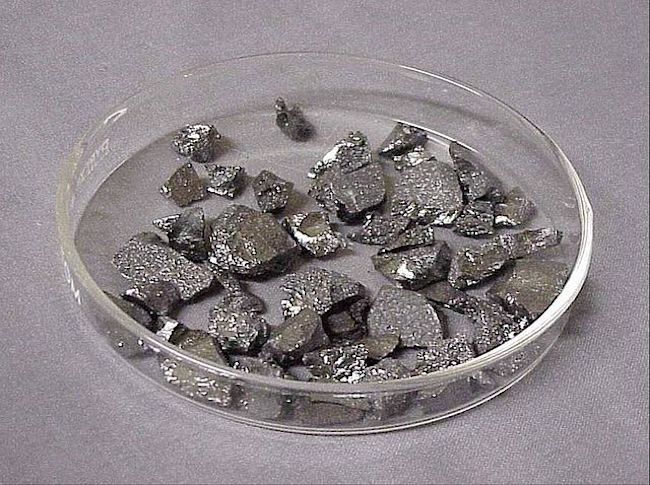Soil tests for gardeners

Why is soil testing important for gardener and farmers as the climate changes
Soil testing is important for gardeners and farmers as the climate changes because it helps them to understand how their soil is responding to the changing environment. Soil testing can help them to identify what nutrients are present or lacking in their soil, as well as what pH levels are optimal for their plants. This knowledge can help them adjust their fertilization and irrigation regimes to ensure their plants and crops are receiving the necessary nutrients and moisture. Additionally, soil testing can help them to identify any contaminants that may be present in their soil, which could be detrimental to the health of their plants and crops.
Soil testing is a valuable tool for determining the levels of trace elements in the soil. Trace elements are minerals that are essential for the growth and health of plants, but are only present in small amounts. Soil testing can measure the levels of these minerals, and help determine the amount of fertilizer or other soil amendments needed to maintain healthy soil. Soil tests can also detect whether the soil is deficient in any essential trace element, and provide information on how to correct the deficiency.
Once such trace element essential to healthy plant growth is Boron
Boron is an essential micronutrient for plants and is important for cell wall development, cell division, uptake of other nutrients, and the regulation of enzymes. It has been proven to increase the yield and quality of many crops, including apples, wheat, and cotton. Deficiencies in boron can cause stunted growth, poor fruit and seed production, and distorted leaves and root systems. Too much boron can be toxic to plants and has been linked to poor growth, discoloration, and death of plant tissue. It’s important to maintain the proper balance of boron in soil and foliar applications.
Other trace elements essential to plant grow include
The trace elements essential to healthy plant growth are Calcium, Chlorine, Copper, Iron, Manganese, Molybdenum, and Zinc.
A a shortage of trace elelemts in plants often show as yellowing of leaves, stunted growth, and poor fruit and flower production. Although similar effects can be caused by incorrect soil pH levels relayed to different species of plants
GardenAdvice soil test are included with our gardening courses and MyGardenTeam service or can be purchased from GardenAdvice Click Here




















